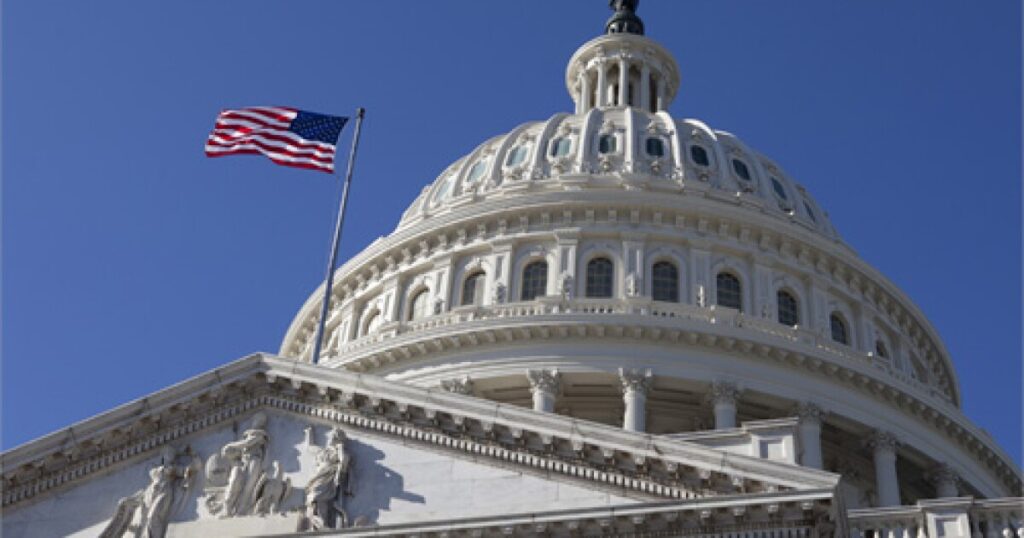KPMG: Large insurers' tax burden depends on election results

Heading into the U.S. presidential and congressional elections is a mixed bag for large insurance companies, according to government and tax experts from KPMG, who spoke at the consultancy’s recent annual insurance industry conference.
Libby Coffin, principal-in-charge, office of government affairs and public policy, KPMG LLP.
Members of Congress “know that the insurance industry is present in all of their towns,” said Libby Coffin, principal-in-charge, office of government affairs and public policy, KPMG LLP.
“People in their cities know oftentimes who their insurance agents are, and their auto insurers or their homeowners insurance are individuals in their communities that are putting their names and their businesses on softball teams’ jerseys and showing up around the community. There’s a counterbalance there that they do view the industry as necessary and providing a very good service.”
“On the other hand,” she continued, politicians are “always sensitive to costs that affect their voters, and there’s a skepticism of any businesses that are viewed as big.”
Coffin added that the best course for large insurers, that likely have their own government liaisons and engagement with members of Congress and local officials, is to cultivate those relationships regularly, so when there is an industry crisis, insurers “walk in the door with that credibility and have the ability to share facts that are supplementing what might be in the news.”
Another possible political factor is a shift in Republicans’ attitudes toward big corporations, found in Pew Research data presented at the conference. The positive attitude toward banks among party members surveyed dropped from 63% in 2019 to 38% as of February 2024. Republicans’ overall opinion of large corporations dropped from 54% in 2019 to 32% this year.
The outcome of the election will shape the tax impact for large corporations including insurance carriers, especially since the Tax Cuts and Jobs Act, enacted in 2018, expires in 2025. It included certain tax increases for the insurance industry, according to John Gimigliano, principal, tax, KPMG LLP.
 John Gimigliano, principal-in-charge, Federal Legislative and Regulatory Services, Washington National Tax, KPMG.
John Gimigliano, principal-in-charge, Federal Legislative and Regulatory Services, Washington National Tax, KPMG.
“A lot of people in the industry said, ‘Why us, like nobody else, seemed to get picked on with specific tax increases that apply to a single industry?’ It’s a really interesting question,” he said. “It’s in some ways, a cautionary tale, that as we go into this exercise in 2025 where we’re looking at the strong possibility of additional tax increases, you have to ask, are we going to get treated differently? And if so, why?”
The direction that Congress and the government goes with taxes for insurers and everyone else will depend on the outcome of the election. Republican control will bring tax cuts as a priority, Gimigliano noted, while Democrats will not move as quickly on tax legislation. If Democrats control just the House, where tax legislation is constitutionally required to begin, this would be the case even without control of the Senate.
Another issue for insurers that could be affected by who wins power in the election is regulators’ calls for data from insurers. The National Association of Insurance Commissioners (NAIC), the group of state insurance regulators, collected data earlier this year and has been working on a report that will go to the Federal Insurance Office, a unit of the U.S. Treasury.
While the data call is “limited to industry concern,” Coffin said, a Kamala Harris win or Democratic control of the Senate would bring greater influence for Sen. Elizabeth Warren in her efforts to pull private sector data, as with NAIC’s data call, to assist government regulation.





